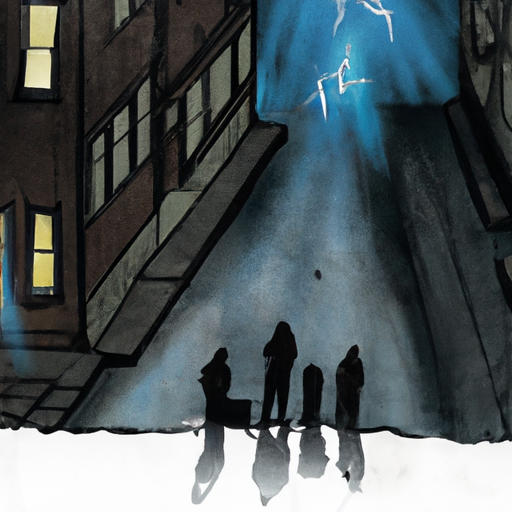Addressing the Hard Issues: Housing, Opioids, Affordability in BC
In a crisis that resonates throughout the province, the ongoing opioid epidemic in British Columbia has led to an unprecedented rise in overdose deaths. This situation calls for immediate, robust, and enduring action from government, healthcare providers, and community leaders.
A Crisis Across Multiple Fronts
The opioid crisis in BC is far reaching and impacts not only the individuals struggling with addiction but their families and communities as well. It puts considerable pressure on emergency response services and healthcare resources. It is additionally contributing to considerable spikes in crime, particularly in areas where people struggle with homelessness.
One must acknowledge homelessness, affordability, and the opioid crisis as intertwined challenges. Reports show that many individuals grappling with opioid addiction are also struggling with homelessness, and their addiction can be both a cause and result of a lack of affordable housing options. Commendably, Attorney General David Eby is taking these issues head-on.
Opioid Class Action Lawsuit: Taking the Fight to the Pharmaceuticals
One of the most critical steps taken by the government is their pursuit of an opioid class action lawsuit against opioid manufacturers and wholesalers. The goal is to recuperate some of the immense costs the public healthcare system has endured as a result of opioid-related healthcare needs and to hold these companies accountable for their role in the crisis. It is a pivotal move as it could set a global precedence, shining a spotlight on the responsibilities of corporations in public health crises.
Naloxozone Kits and Other Life-Saving Measures
Another step noteworthy is the widespread distribution of naloxone kits, a medication used to counteract the effects of an opioid overdose. Public health officials administer these kits to people at high risk of overdose and their network, along with training on how to use the medication. Furthermore, frontline workers are also being trained to identify and respond to potential overdose situations critically, offering another line of defense against unnecessary deaths.
Key Points of Discussion
- The provinces’ struggle with opioids and its relation to housing and affordability issues, creating a multifaceted challenge.
- The commendable role of Attorney General David Eby in tackling these hard issues, particularly regarding the opioid crisis.
- The pursuit of an opioid class action lawsuit against pharmaceutical manufacturers and wholesalers, aimed at recuperating costs and holding these corporations accountable.
- The life-saving measures taken by the government, including the distribution of naloxone kits to high-risk individuals and training people to respond to an overdose situation.
Conclusion
In conclusion, it’s vital to recognize the enormity of the opioid crisis in British Columbia and the immense toll it’s leaving on its citizens. However, it’s equally vital to acknowledge the steps being taken to address the issue, especially the innovative measures such as the opioid class action lawsuit and the distribution of naloxone kits, which are setting a precedent for other regions grappling with similar problems.
The opioid crisis is not a stand-alone issue; it needs to be managed within the context of other societal problems like homelessness and affordability. From the approach taken by BC’s government, it’s clear that a multifaceted solution that attempts to address these intertwined issues is essential. The path towards resolution may be long and arduous, but with strategic planning, dedication, and a multifaceted approach, it’s a battle that can be won.
